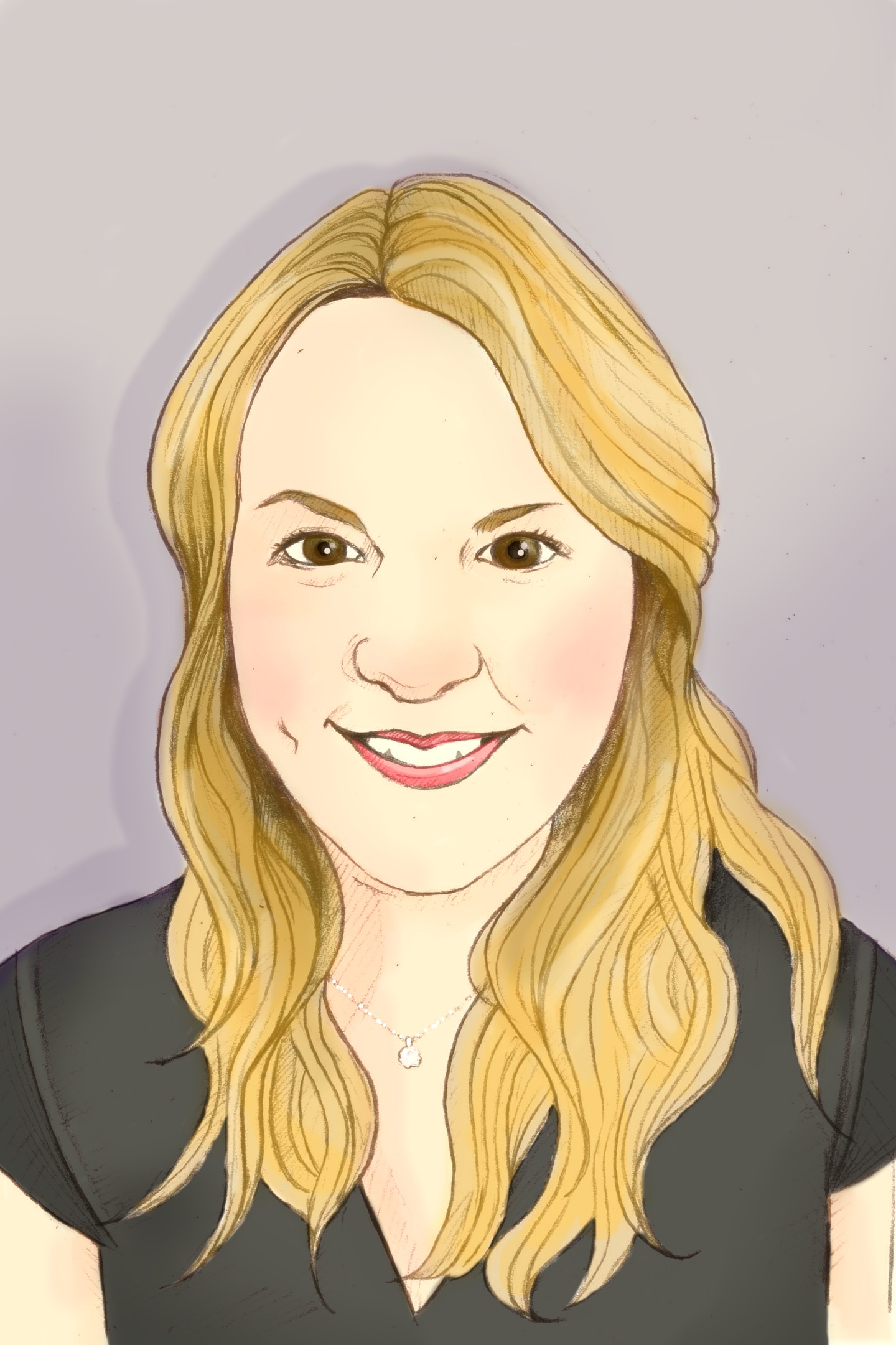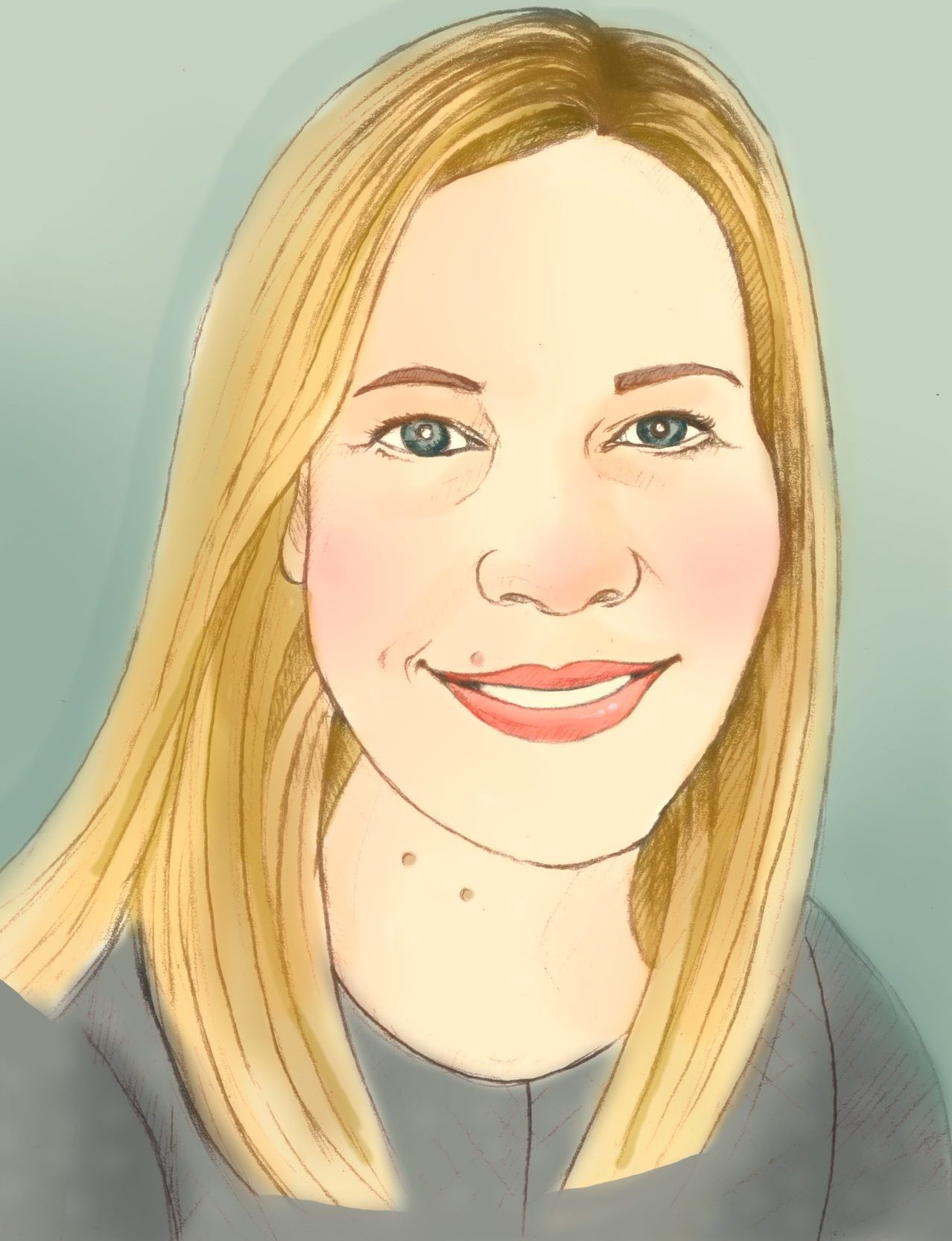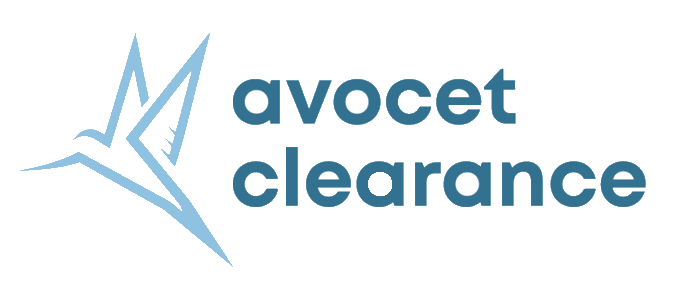Special Procedures (SPs)
We can help support your business with SPS
Special procedures provide a legitimate means to suspend, waive or reduce customs duty & VAT payable on goods imported to the UK.
contact us
Special Procedures (SPs)
Previously known as ‘Customs Procedures with an Economic Impact’ (CPEIs) there are now four main categories of authorisations that can be applied for. These have two principle benefits, they can genuinely reduce the amount of customs duty paid and also offer significant cash flow benefits to those importers and exporters who may hold goods for some time until they are sold.
The Four types are:
Storage comprising of customs warehousing and Free Zones
If you hold a large stock of goods for any significant amount of time customs warehousing allows any customs duty and VAT payments to be deferred until you sell those goods, by placing the goods under ‘customs control.’ This is achieved through the maintenance of electronic records rather than placing the goods under any physical restrictions. as and when goods are sold, only those goods released into ‘free circulation’ hit the tax point and trigger any customs duty and VAT payments providing a welcome cash flow benefit. In the case of imported goods which are later re-exported, the duty & VAT is discharged.
We await the outcome of the free port consultation in the UK, and will update our clients when we know the specific benefits the UK Government plan to attach to these zones which will be introduced from 2021.
Specific use comprising of Temporary Admission (TA) and end-use
End-Use provides a ‘non-preferential’ duty rate benefit to those importers who are using their imported items to make something of added value. For example automotive manufacturers can apply for end-use for many of the major imported components and this reduces the duty paid on many automotive parts from 4.5% to 3%.
Temporary Admission is used for goods such as artwork which is imported for exhibition, and usually allows goods to be in the UK for a maximum of 24 months before they are re-exported or cleared to free circulation.
Processing comprising Inward Processing (IP) and Outward Processing (OP)
Inward Processing (IP) helps companies that have import and re-export operations. Post transition period this could greatly assist many UK companies in mitigating the overpayment of customs duties. Even where there is only minimal handling, it is possible to receive an IP authorisation that allows you to bring goods into the UK, process them for typically a maximum of 6-12 months (throughput period) before either re-export or release into the home market. Where raw materials or components are imported that are subsequently manufactured into a final product and then reexported, any import duty and VAT that would have otherwise been due is never triggered by submitting a Bill of Discharge to HMRC. IP can also be used by UK companies undertaking repairs.
Outward Processing (OP) enables UK companies to export goods for processing or repair, which are later re-imported. Rather than paying the full rate of import duty, the outward processing authorisation means the import tax is only paid on the processing costs and extra materials added overseas.
Transit
Union Transit (UT) allows goods to move within the UK or EU whilst customs duties or other charges are suspended. Goods not in free circulation in the EU can move across the EU or common transit countries under whats called ‘T1’ status, which is a controlled transmit movement raised in a Europe wide system called NCTS.
EU goods in free circulation t fall under ‘T2’ status, allowing them to pass through common transit non-EU countries without the need to be entered to customs. Either way Avocet Clearance have detailed knowledge of which procedure would apply and when to the benefit of our clients.
Need help with Special Procedures?
Avocet Clearance undertake all declarations on behalf of our clients in a direct representative capacity.
Talk to one of our clearance experts who can assist you.
MEET OUR CUSTOM CLEARANCE SPECIALISTS
James
co-Founder & commercial director
James has 20 years experience working with UK import and export customs declarations across all areas of the tariff. An expert in classification, origin and valuation with a background in commercial importing James brings a comprehensive knowledge in completing accurate customs declarations and enabling smooth custom clearances with HMRC.
holly
co-founder & operations director
Holly has worked in clearance and forwarding for over 20 years, more recently focusing on international trade strategy. Holly oversees the operations structure, staff training and works closely with clients to provide the best solutions.
Claire
consultant
Claire is experienced in completing entries and now helps onboard new clients and manages CHIEF entry testing and setup. Claire also manages our AEO compliant procedures and is responsible for regular entry auditing within our customs software, with a focus on maintaining high compliance levels and therefore reducing client risk.




